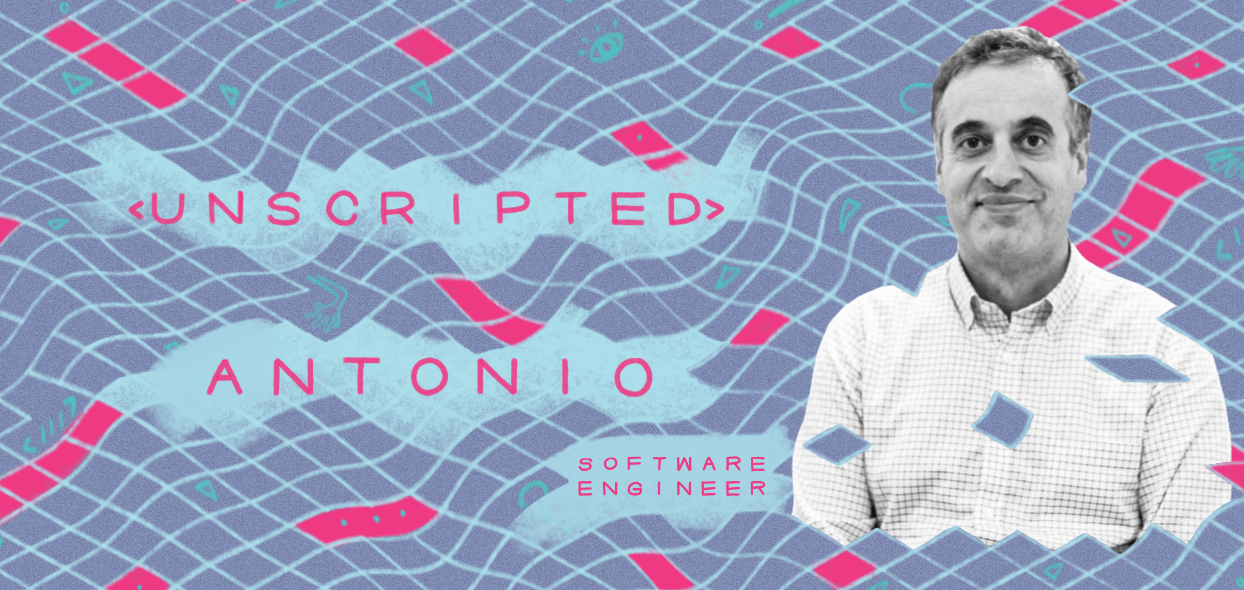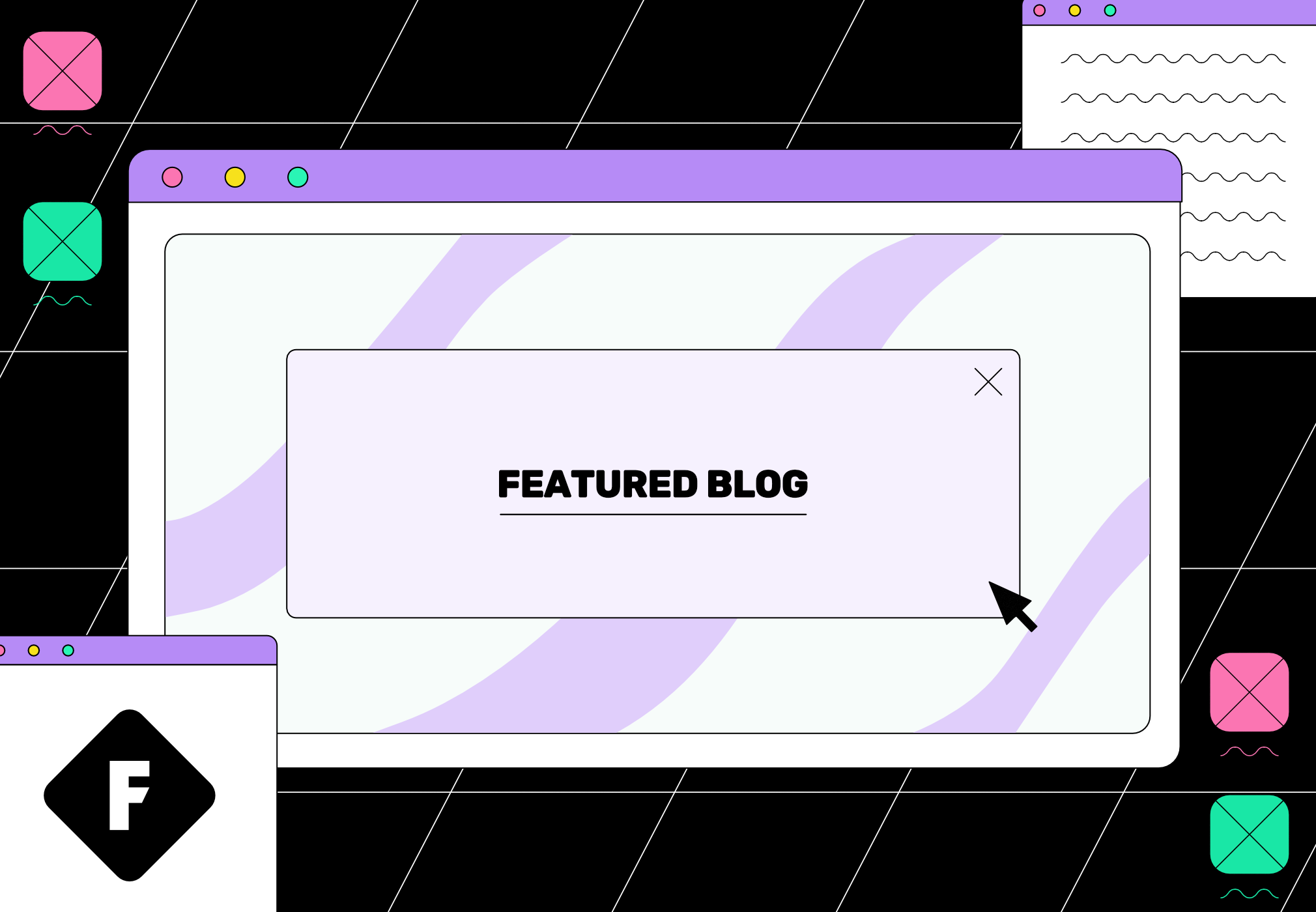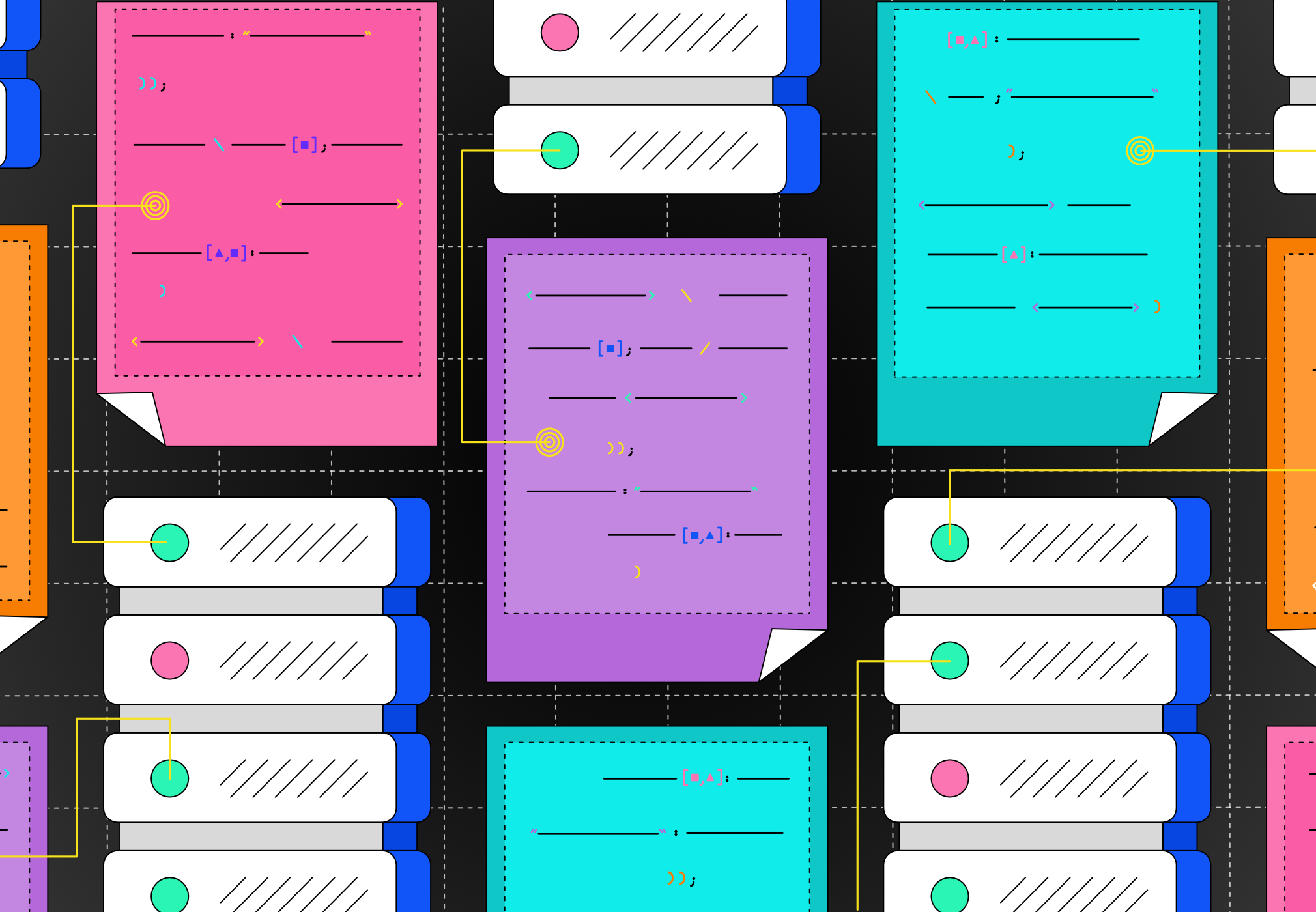Unscripted: Q&A with Antonio, Software Engineer

Exciting news here at Fidel HQ – we’ve just opened a new office in Lisbon! We’ve had an engineering base there for a while, but now, it’s official. And it’s growing pretty quickly, too – you can check out our open roles here.
To celebrate, we caught up with Antonio. He’s a Software Engineer who joined Fidel this year, but has been in the industry for more than 20. He’s based in Lisbon, and has seen the tech community there go through some major changes. We wanted to find out what’s next.
Hey Antonio! What are you working on at the moment?
At the moment, our whole team is focused on making sure our existing product and processes are as robust as possible. We’re starting to scale really quickly, so we need to make sure we have the foundations in place before we start adding new features and hiring more people. A lot of the work I’m doing is around automation. With our current set up there are a lot of repetitive manual tasks, so I’m trying to automate some of those workflows.
How’s that going?
All very smoothly! The process is very well defined and it’s stuff we’ve done lots of times before. We’re using microservices for the first time as well, and beginning to restructure our architecture so we can start to use it elsewhere.
Why the switch to microservices?
It’s going to make life a lot easier as our engineering team grows. Instead of having a huge repository with lots of code, it means we can have smaller groups working on specific bits of the system. It also means we can have different features working in different ways. Rather than having to change the whole system, we’ll be able to write and test small features in the backend and have them all work independently of each other. It should help us optimise each part individually, rather than trying to make everything fit the same structure.
In startups, you often have to build something quick to prove the concept. Now, we’re ready to migrate everything over to microservices and build everything moving forward in that style.
Ah, startup life. Your last role was at a much bigger company – do you find the ways of working very different?
Actually, my last place did have more of a startup mindset because we worked in various small groups. But in general, I find small startups to be more dynamic environments. Bigger places always have more processes, and although they’re becoming more agile in their methodologies, there’s always a hierarchy and structure behind and above it. That can slow things down.
Is that why you wanted to work at Fidel?
Partly. For me, it’s important to care about the challenge. I like problems and solving them with good engineering solutions. Fidel has a good problem, and we’re using the best technologies to solve that problem. For a guy like me that likes technology, it’s music to my ears!
APIs, AWS, Serverless, Javascript – that’s the world that I want to be working in. There’ll be lots of engineering challenges ahead for us as we scale internationally. The transaction volumes that we’re dealing with are massive, so our systems need to be very refined to manage the volumes and requests.
Why did you want to work on an API?
The API economy is a buzzword that we’ve all heard a lot about, but it really has changed the way we build software. It’s like lego – building small pieces that other developers can use to build more complex systems. I like writing for other developers, it’s a challenge to create something they’d like to use.
What do you need to think about when you’re building for other developers?
There are some basic expectations that need to be met – documentation, for instance – so that other people can use it easily. But that can be hard for developers. Some of us don’t write very well, or think to do some of these things! But you can follow what others are doing and take that as your guideline.
Zalando has good guidelines for defining an API, and analysers that can help you find flaws. You can also define your API spec in Open API and use Swagger tools to help write the specification and documentation.
Great tips! Do you have any other advice for engineers?
Work with a team you love! If your team is cool and you can work happily with them, that’s the most important thing. It’s ultimately what Agile is all about: finding ways to build better systems together.
2008-2011 was a difficult time in Portugal and the job market wasn’t great. You more or less had to take whatever you could get. Now it’s much better, and I’m fortunate to have more freedom and be selective about where I work.
The Fidel team is great! We’re still building it out and hiring new roles (especially a scrum master who can help us work better in Agile), but everyone is clear and honest and happy to help each other. And we’re improving every day.
Thanks, Antonio!
To find out more about the projects our engineering team is working on, sign up to our newsletter. Or to chat to them directly, join our community.


